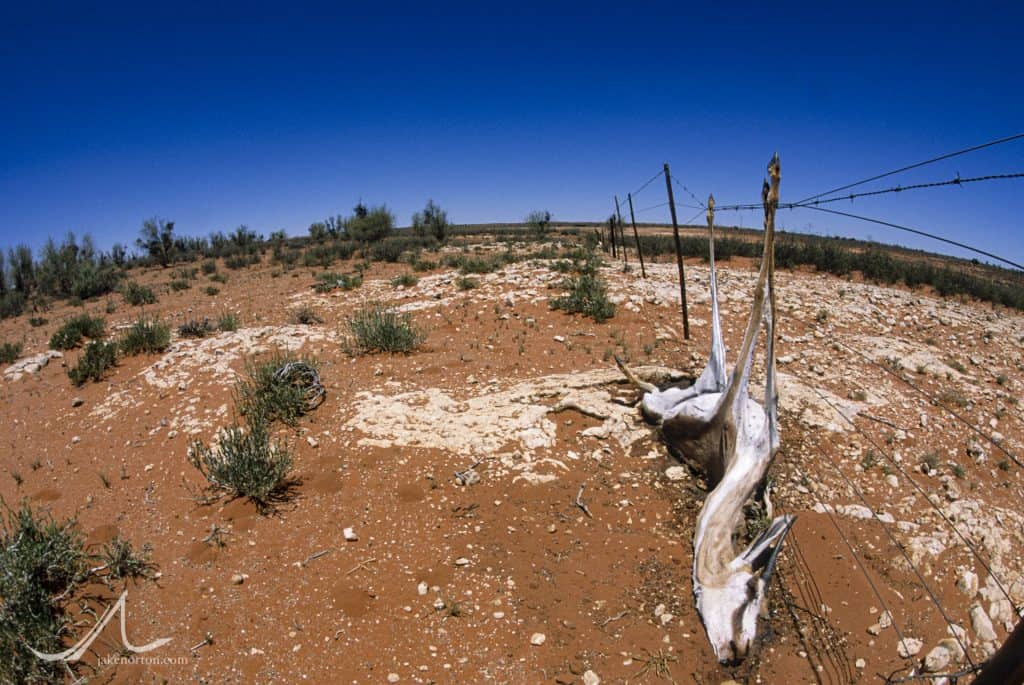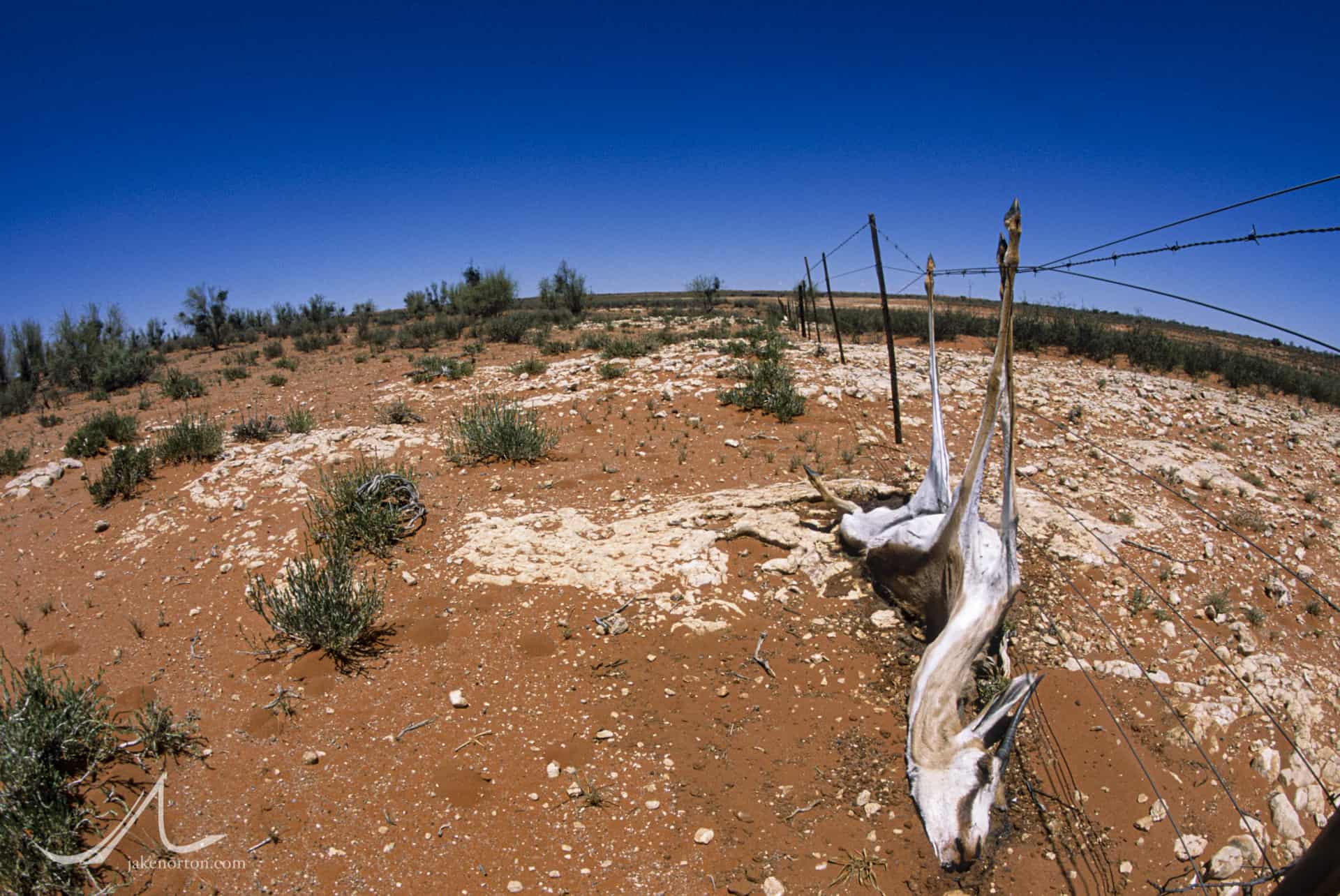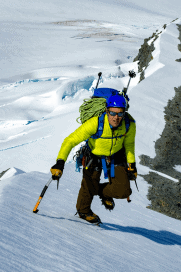I was in my junior year in high school – way back in 1990 – when Robert Michael Pyle’s words danced off the pages of the Norton Book of Nature Writing. Much decried when published as pessimistic and defeatist, Pyle’s words and perspectives in his essay, “Nature Bats Last,” resonated with me far more than the idealistic viewpoints of his peers Quammen, Brower, Thoreau, and more.
In brief, Pyle’s essay expresses the realistic viewpoint that the environmental movement, the desire by humans to save the last vestiges of our eroding wild places; to staunch the aortal bleed of carbon emissions and slow our warming climate (yes, it’s real, and it’s happening now); to put back into place the pieces of our earth puzzle we as a species have broken, misplaced, and mangled over centuries…all of this is selfish, or arrogant, or both.
It’s selfish in that we as a species are doing these things to save our own genetic butts, to ensure that we don’t go the way of the dinosaurs and the dodo birds, wiped off the map – in our case – by our own doing.
And, it’s arrogant for humans to believe we could destroy nature. We can mess it up for certain, we can tamper and tinker and pollute and poison it, abuse it until it is a far cry from what it once was…but destroy it? Not a chance. As Pyle notes as an example, in the early 20th Century, we Americans tried with great effort to exterminate the coyote, and succeeded only in driving it to live – happily – across the continent. As Pyle wryly quotes: “When the last man takes to his grave, there will be a coyote on hand to lift his leg over the marker.”
So, is this pessimism? Or, a unique type of optimism, of intense, uplifting, and indeed liberating humility? I guess it depends on one’s perspective. Personally, I believe it to be optimism, intense, unbridled optimism devoid of the narcissistic, egotistic assertion that we will somehow destroy nature.

What are your thoughts? Is Pyle and optimist, or a pessimist? Here are some additional passages to get your mind going:
To me, nature’s batting last is neither a warning nor a threat. It is a cheerfully flip recognition of a certainty. And, a comforting certainty it is: imagine, the glory of the universe going on an on, free at last of the bad bet that was man on earth!…My humanism ends where we become so fond of ourselves that we cannot imagine the mortality of mankind.
To think that we could indefinitely put off the end of the age of man by acting right toward the earth for a change is like taking up running in dissipated middle age in the hope of cheating death: it might work for a while. You can’t prolong life forever, not for an organism, not for a species. But you can sure as hell hasten its demise…My outlook, ultimately, is not a pessimistic one. But then my frame of reference does not encompass human fortunes alone.
It would be dishonest to say that I feel no sadness at the prospect of the passing of humanity. Untellable sadness greets the very thought of it. When I consider the moldering of the last lost manuscript of Mozart; the combustion of the libraries when Fahrenheit 451 is reached early in the firestorms; the tumbling of towers and the crumbling of cottages, I could swoon (if I knew how) with earnest, dolorous regret. But think: all of the sadness in the world belongs to us. When we’re gone, there will be no sadness, for it is a human conceit…The fact is, nature doesn’t care. Only we care.
The image [of a coyote lifting a leg] should be struck on a new coin, with Charles Darwin on the other side, not negotiable, but a good-luck coin to remind us of change and evolution, and of creatures that will be happy to adapt if we ourselves cannot…The land has been hurt. Misuse is not to be excused, and its ill effects will long be felt. But nature will not be eliminated…Rain, moss, and time apply their healing bandage, and the injured land at last recovers. Nature is evergreen, after all.
What are your thoughts?




“When we’re gone, there will be no sadness, for it is a human conceit…The fact is, nature doesn’t care. Only we care.”
That’s a nice bit of writing that gives me a somewhat comforting perspective. Nature will move on, if not on this planet then another.
Same for me – while not entirely optimistic, it’s not really pessimistic, either. Realistic, I would say, and encouraging in that regard. Be well.
Do you know whether or not other sentient beings in the natural world care as they die off from our destructive behaviors? I see you as arrogant thinking that a select few within just the realm of H. sapiens grieve over the losses of jungles, deserts, hillsides (vineyards), stream and lake beds, etc. Bonus tip: stanch, not ‘staunch’…
[…] 2004, I wrote an Earth Day essay reflecting on the words of Robert Michael Pyle in his great essay “Nature Bats Last,” wherein […]
[…] next morning, I was awakened by the eerie, sublime knell of coyotes on a kill, not too close, but not too far, either. Off amongst the bristlecones and ponderosas and […]
[…] a misanthrope before, and perhaps not unjustifiably. It usually comes after citing the eloquence of Pyle and Abbey and Eiseley and others, and their understanding that, ultimately, we humans are doing a […]
Beautiful, poetic, scientific and therefore factual retelling of the Book of Revelations. The agonist isn’t what everyone thought he was.